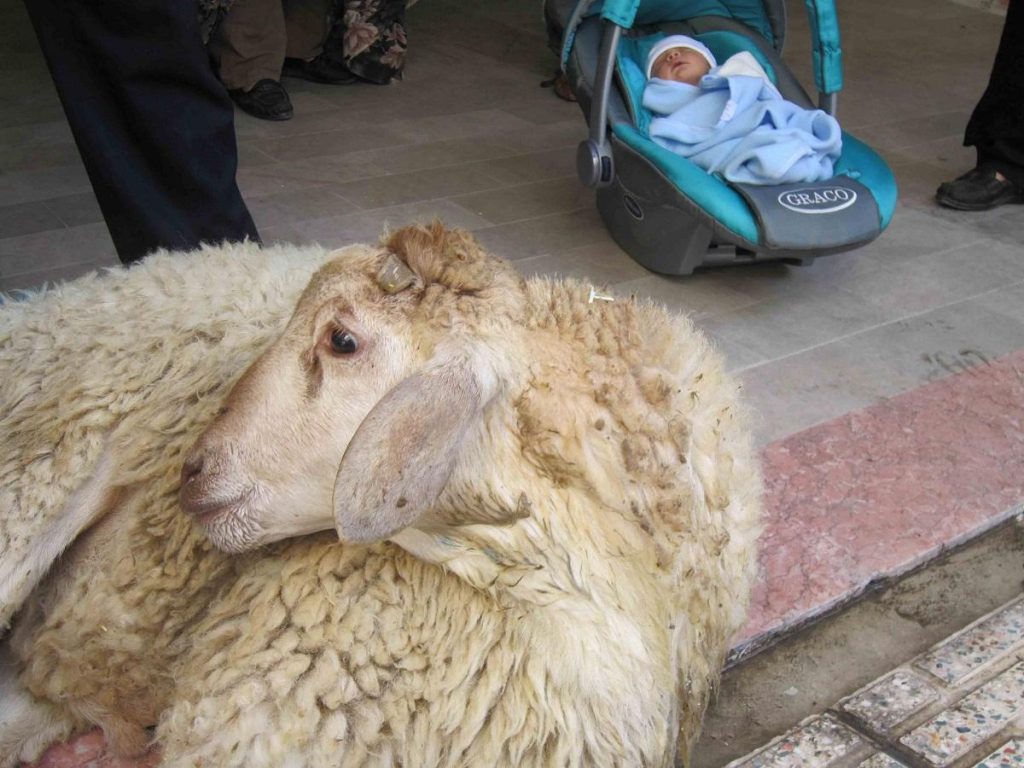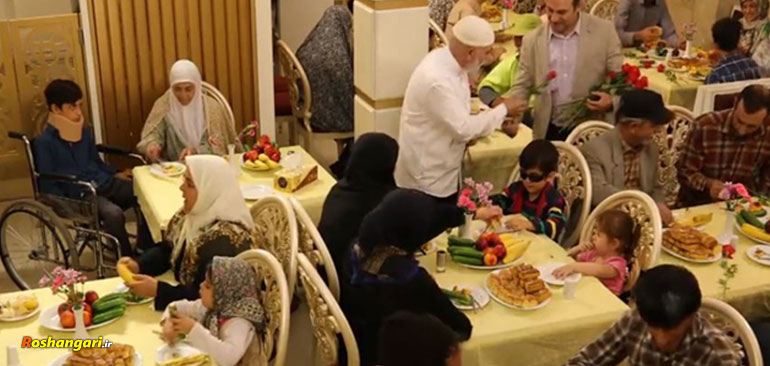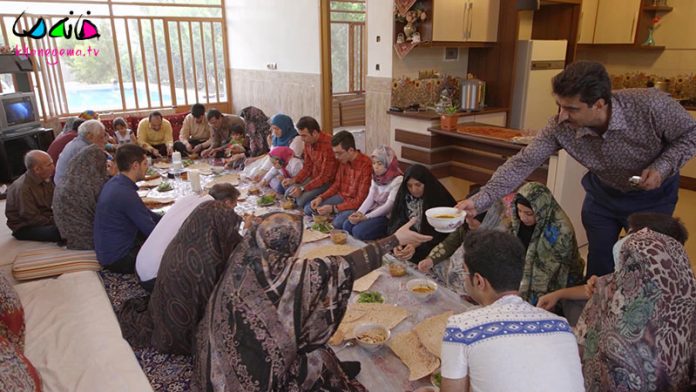All of us have experiences of important turning points in our lives. These important events can logically be categorized in two: Good things and bad things! When it’s good things, we are happy and in a collective society like Iran, it’s not only ourselves but also our relatives and friend are aware of the good things that have happened to us. It’s more or less the same for the bad things.
We all have experienced that sharing our happiness with others can increase it by adding the taste of friendship and relatedness and sharing our sadness or depression can decrease if we just can talk to someone. That’s why Iranians always have gatherings when they are in both good and bad situations. In this post, I concentrate on ‘happy’ situations.
A new-born baby, my most recent experience
Last month, we welcomed the new member of our family! From the very first seconds that he and his mother came home, we were waiting for guests. We were host to one or two families each day for more than one week. Each met for about one hour, ate sweat, and drank tea or juice. They often bring a gift for the baby and his/her mother which is a piece of clothing, jewelry, or cash money.
Another tradition after a baby is born is called Aqiqeh. This is rooted in Islamic traditions and highly recommended in religious texts. It contains slaughtering a young sheep and holding a dinner party –Mehmooni- using its meat. It’s good to invite as many people as possible at home and it would be better the parents don’t eat that meat. These kinds of large parties with meals are also called Valimeh.

After these main events, the parents are usually expected to offer sweats to anyone who has not been part of the previous parties or meetings. For example, I work in two different organizations and I also have a couple of regular meetings with my old friends. As soon as I met any of them after the baby’s birth, it’s expected that I buy something to share, as small as ice cream or even a meal. They may also offer a gift -it’s optional!
Shirini, What else?
The general term for sharing happiness with others in Persian is offering Shirini -which means sweats. In what other situations shall you offer Shirini to your Iranian friends? There are many other similar situations! Some are more important and some are less. For example, a wedding party is usually very big and usually contains two parties –Aqd and Aroosi- each containing Valimeh.
Moreover, when someone arrives from religious travels -Ziarat- others come to meet him/her. In some cases that it’s a foreign and long journey, the Mehmooni is larger. One prominent example of that is when someone goes to Haj –Mecca- for the first time. Usually, a large Valimeh is offered in this case. Other examples include when a teenage member of a family is accepted in the university entrance exam, when a new house or a new car is bought by someone, when someone finds a permanent job, etc.

Of course, these examples differ from each other considering the qualities and quantities of the offered Shirini! Whether everyone is invited in a meeting or not, how many people -and how far- are informed and included, is a Valimeh also offered or not, are guests expected to bring any gifts or not, etc. Broadly speaking, the tradition may even include some micro situations such as buying a new cell phone, passing a university semester, or submitting an academic article! However, the Shirini consequently becomes very small and voluntary.
But remember. Next time you are asked to buy something in any of those situations in Iran, please don’t annoy or wonder. It’s just another way to have fun!












